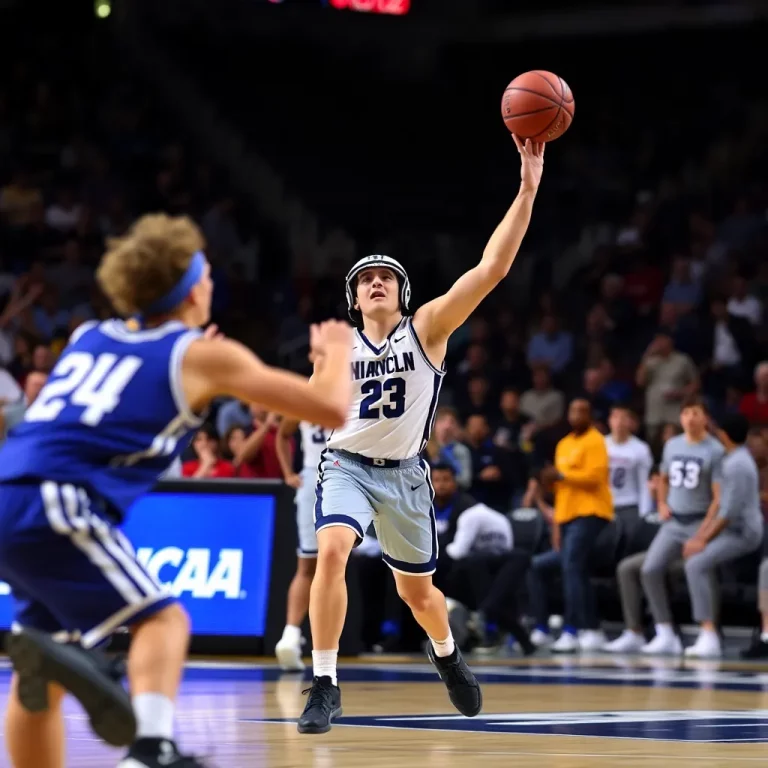In a significant development for college sports, a new trend in online betting markets is causing concern among the NCAA. The organization expressed its worries regarding the **_lack of regulations_** surrounding these markets, particularly after financial trading platform Robinhood announced its entry into college sports betting.
On Thursday, the NCAA stated it is “deeply concerned” about the potential risks posed by online prediction markets that allow users to bet on college games. This concern has become more pronounced since Robinhood launched its platform to facilitate trades on college football outcomes this season. Users can now trade on every NFL game and matches involving teams from the Power 4 conferences, along with independent colleges.
As an example, on Thursday night, bettors were able to trade on the outcome of the **_Iowa State-Kansas State_** game. Additionally, markets for betting on the **_Heisman Trophy winner_** were also available. This innovative approach to betting comes in collaboration with Kalshi, another company that has begun offering trading on college football point spreads and totals.
The NCAA has voiced its belief that these prediction markets, which operate outside of state regulations, threaten both **_competition integrity_** and the safety of student-athletes. Tim Buckley, a senior vice president for the NCAA, mentioned that the organization will keep monitoring this evolving market and work with industry leaders to ensure necessary guardrails are in place to protect all parties involved in college sports.
However, Robinhood’s vice president, JB Mackenzie, argues that the company operates under federal regulations which they believe provide sufficient protections and do not endanger competition integrity or student-athlete safety. Furthermore, he expressed confidence in the safeguards that are part of their market.
As the prediction market landscape continues to grow, traditional sportsbooks like DraftKings and FanDuel are preparing to make their moves. FanDuel has already announced a partnership with CME Group to create new, defined-risk event contracts.
The legal landscape is also shifting, as Robinhood has filed a lawsuit against state gambling regulators in New Jersey and Nevada in a bid to halt any potential actions that could undermine their new sports markets. Meanwhile, Kalshi faces its own set of legal challenges across multiple states.
While the football season officially kicks off, the future of these prediction markets remains uncertain as the NCAA and various companies navigate the complexities of this emerging betting landscape.


